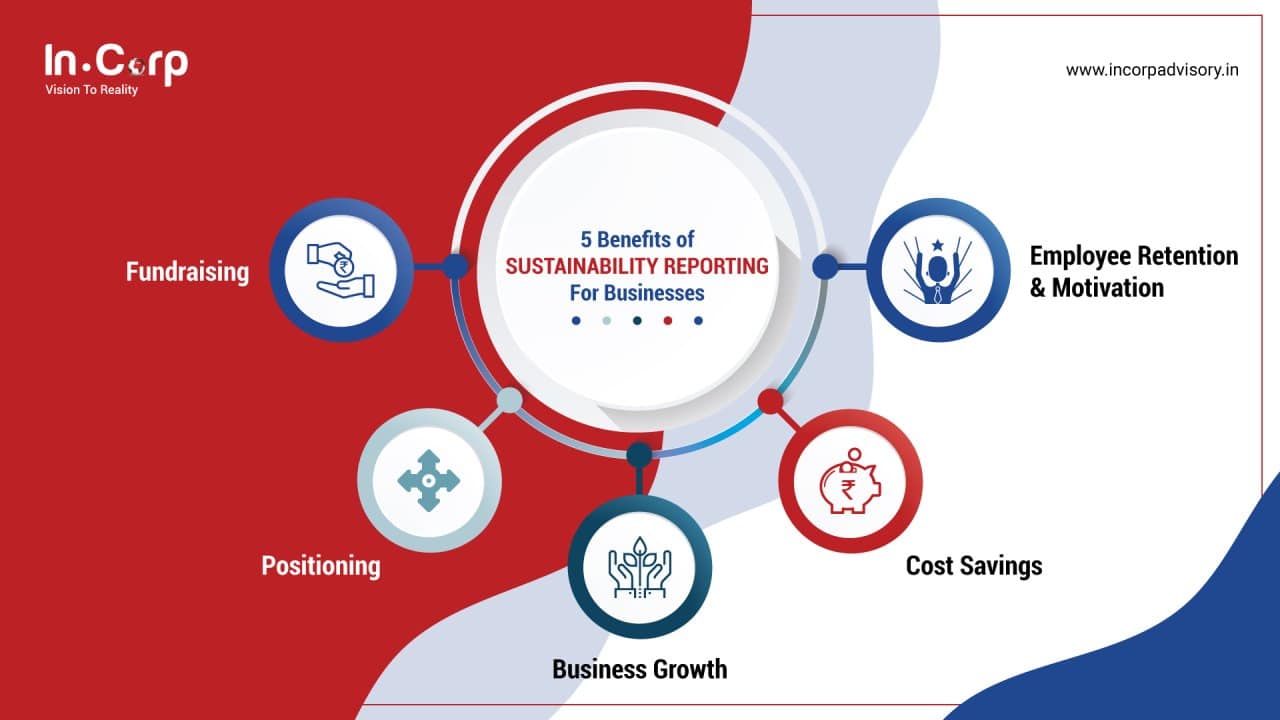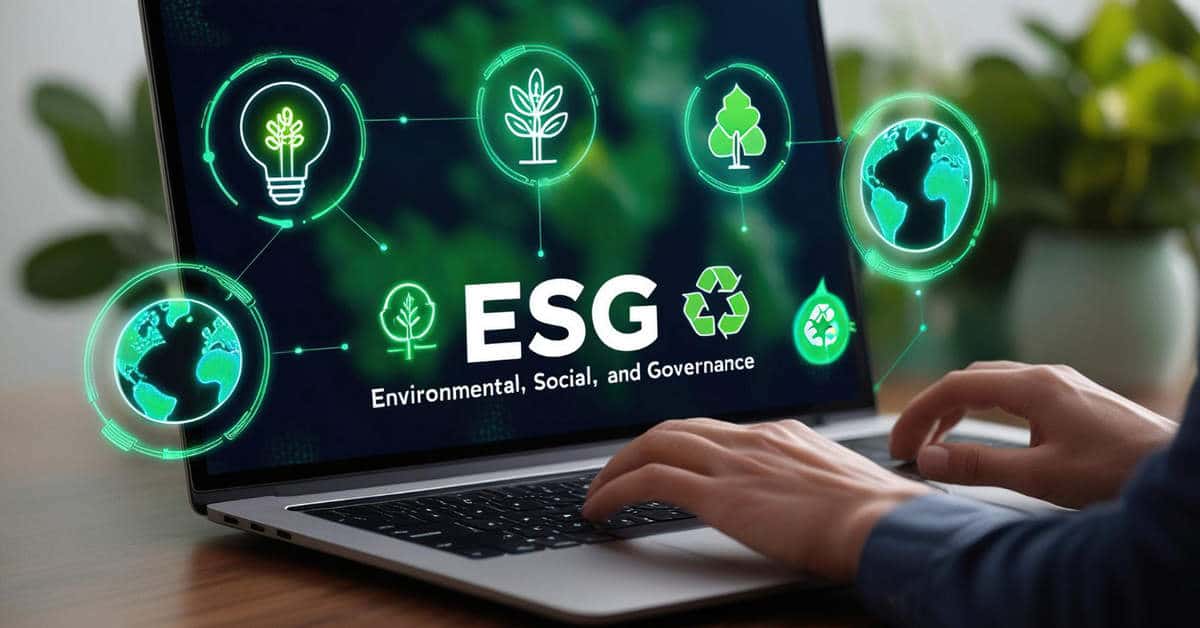Five Benefits of ESG Reporting for Businesses

Five Benefits of ESG Reporting for Businesses
- Last Updated
In 1987, The Brundtland Commission published a report titled ‘Our common future’ which gave birth to the guiding principles for ESG reporting as we know it. It defined sustainability as “meeting the needs of the present without compromising the ability of future generations to meet their own needs.”
The concept of sustainable development not only focuses on environmental conservation but also on social equity and economic development for all. The approach is built upon the idea that any form of development can last long if it nurtures all sections and elements of society and the environment.
Current Scenario
Climate change is no longer an environmental concern but a potent threat to economic growth. According to a recent IPCC (Intergovernmental Panel on Climate Change) report, the need for effective and equitable climate governance built on engagement between civil society actors, political actors, businesses, youth, labor, media, Indigenous Peoples, and local communities. Businesses have a decisive role to play in the equation and many benefits to gain by adopting an ESG reporting strategy.
The COP26 (Conference of Parties) held in Glasgow in 2021 reflected this. According to McKinsey, at the conference, more than 5,200 businesses pledged to achieve net-zero carbon targets by 2050, and around 450 investors, banks, and insurers (representing $130 trillion in assets and 40 percent of the world’s private capital) made commitments to create climate-neutral portfolios by 2050.
The 5 Benefits of ESG Reporting

Adopting and implementing an ESG reporting strategy would entail a significant allocation of funds and resources for companies. So, the big question is – What do businesses have to gain?
A strong ESG proposition can lead to five tangible benefits for businesses.
1. Fundraising

Related Read: How to Choose Right ESG Reporting Framework for Business
Investors are now updating their portfolios to include environmentally and socially conscious businesses and navigating sustainable practices. Integrating companies with ESG reports into their business portfolios not only mitigates the risk but also contributes to better returns. According to BlackRock, when COVID 19 blew the market in 2020, ESG investments performed outstandingly well.
2. Positioning
A solid external proposition can lead to the easing of regulatory pressure. It may garner increased government support. In addition, ESG reporting is a fantastic way to highlight and showcase a company’s achievements and initiatives.
3. Top Line Growth
A solid ESG strategy can help businesses enter new markets and expand further into existing ones. Countries are now increasing mandates on backward integration of ESG agendas mandating companies to include their complete supply chain into their ESG reports. The new SEC (Securities Exchange Commission) rule mandates companies to report the Scope 3 emissions across their entire supply chain. Companies that may not be mandated to publish an ESG report may now have to do so.
4. Cost Savings
ESG adoption can lead to direct cost reductions for example from reduced energy consumption, among other advantages. As per a McKinsey report, executing an ESG strategy effectively can reduce operating costs by up to 60%.
5. Employee Retention and Motivation

Related Read: The Ultimate Guide to EcoVadis Certification
A well-formed ESG strategy can lead to attracting and retaining employees. It can also lead to enhanced workforce productivity through instilling a sense of purpose. Additionally, people are now choosing to work for climate-conscious companies. Increased productivity and attracting better talent not only lead to higher profits through performance but also reduce the cost of retention.
The Way Forward
ESG reporting is undoubtedly a year-on-year exercise, but it can help companies navigate long-term goals and enhance value creation. A transition is happening from an extractive economy to a regenerative one. This wave of transformation will lead to long-term social, economic, and environmental development, and the businesses that ride the wave expertly will reap tangible benefits.
FAQs
The three pillars of ESG are:
- Environmental – this is the impact the organization has on the planet
- Social – this is the impact the organization has on people, including staff and customers, and the community.
- Governance – this is the impact the organization has on governed.
It makes organizations aware of the climate issues that are occurring and encourages businesses to adopt new environment-friendly practices. For the social part of ESG, employees and shareholders are created equally, and their health and safety are considered.
Certainty Software's ESG Checklist is software used to assess a company's environment, and social and governance practices. The checklist is used by an organization to assess its own performance or that of its suppliers.
Companies using ESG services are outperforming their competitors, attracting top talent, and profiting from the act of more sustainably. Organizations ignoring ESG are at risk of regulation and stakeholder intervention.
ESG reporting provides a competitive advantage. Having an ESG program in place helps boost brand recognition and even promotes brand loyalty.
In terms of ESG reporting, issuers are required to publish their ESG reports at the same time as the publication of their annual report as of 1st January 2022.
With our customized ESG service, we provide the right reporting solution to get you started.
Share
Share







































































